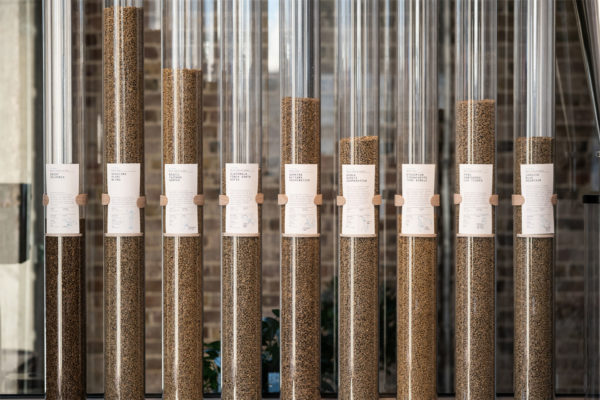Spilling The Beans: The Ethical Coffee Brands You Need To Know
By
1 year ago
Wake up and smell the coffee with these sustainable brands

According to the British Coffee Association, in the UK we drink 95 million cups of coffee per day. But where it’s sourced, how it’s produced and what to do with all the packaging and product afterwards is important for consumers to understand. With the BCA aiming for zero-waste packaging by 2025, here are some ethical coffee brands you can get on board with now. Plus, some good advice on how to use your coffee grounds afterwards.
Best Ethical Coffee Brands
Difference Coffee

Difference Coffee is committed to bringing people the best quality coffee – but it’s also commendable for its ethical and environmental practices. The company aims to exceed the standards set by certifications like Fairtrade, paying premium prices for coffee to ensure the producers are sufficiently supported. Since 2020, it has been carbon-negative and climate-positive, and it works with Earthly not just to offset carbon, but to support projects which have a beneficial impact on the planet.
Rave Coffee
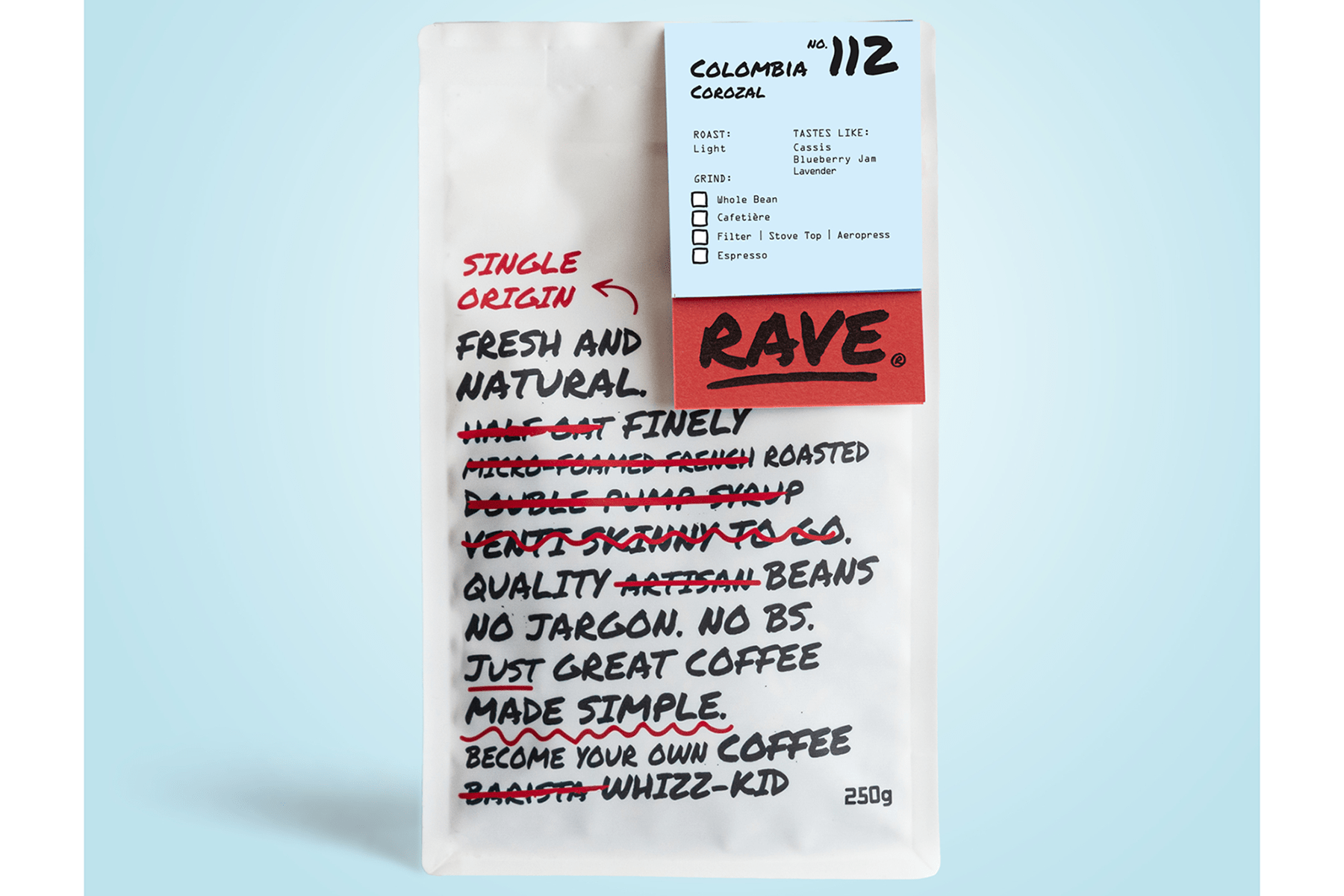
As temperatures rise, growing coffee has become harder and higher altitudes (with lower temperatures) are being sought to grow beans effectively. Rave coffee is grown at altitudes of 2,000-2,100 metres, by the smallholders of Villamaria, Colombia, who are using new processing methods, designed to reduce the need for huge quantities of water and ensure their own economic survival. Through 1% for the Planet, Rave also one per cent of all sales to environmental causes, regardless of profit.
Fireheart Coffee
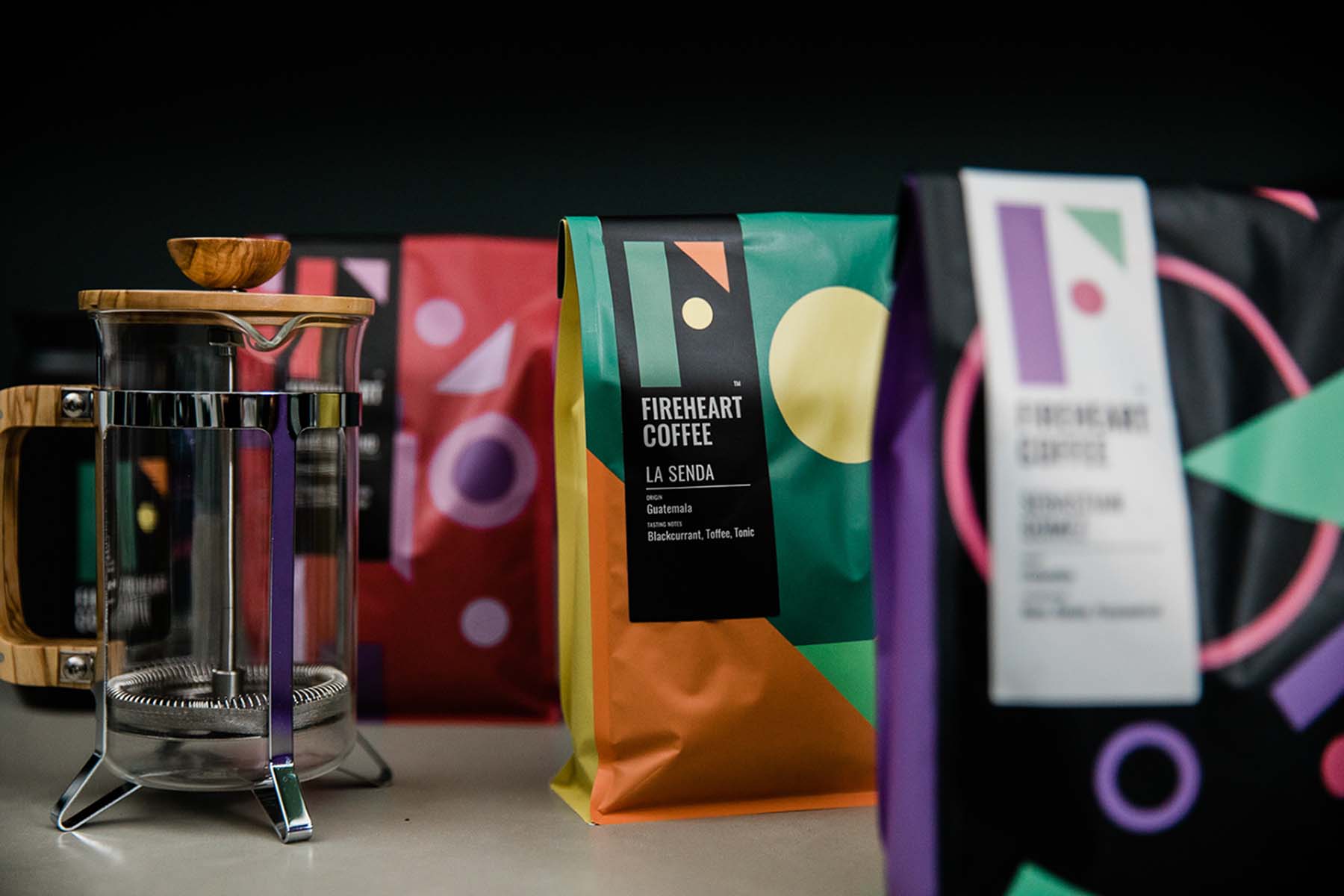
Using a subscription model (where you can choose frequency and whether you want it whole bean or coarse, fine or medium ground), Fireheart’s craft coffees bring their fully traceable products straight to your door. Grounds, beans and pods are sourced on a seasonal basis from all over the world to ensure superb quality and freshness. Follow their brewing guide for the perfect cup.
WatchHouse
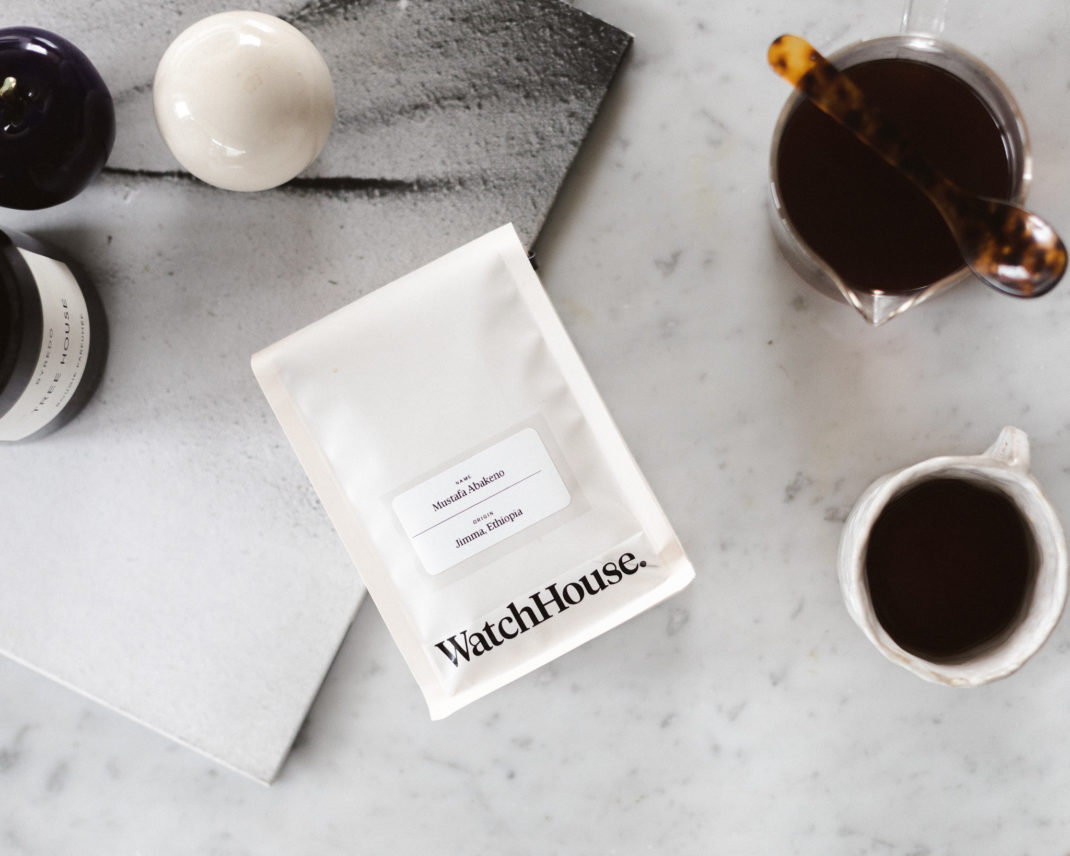
Although not fairtrade certified (largely due to the cost to small producers to gain this accreditation), Watch House coffee is absolutely fairly traded, paying typically 300 per cent more than the recommended Fairtrade price. Their supply chains are managed by the Coffee Quality Institute who work to improve the lives of the farmers and workers involved in producing the beans. Also available on subscription.
Chimney Fire Coffee
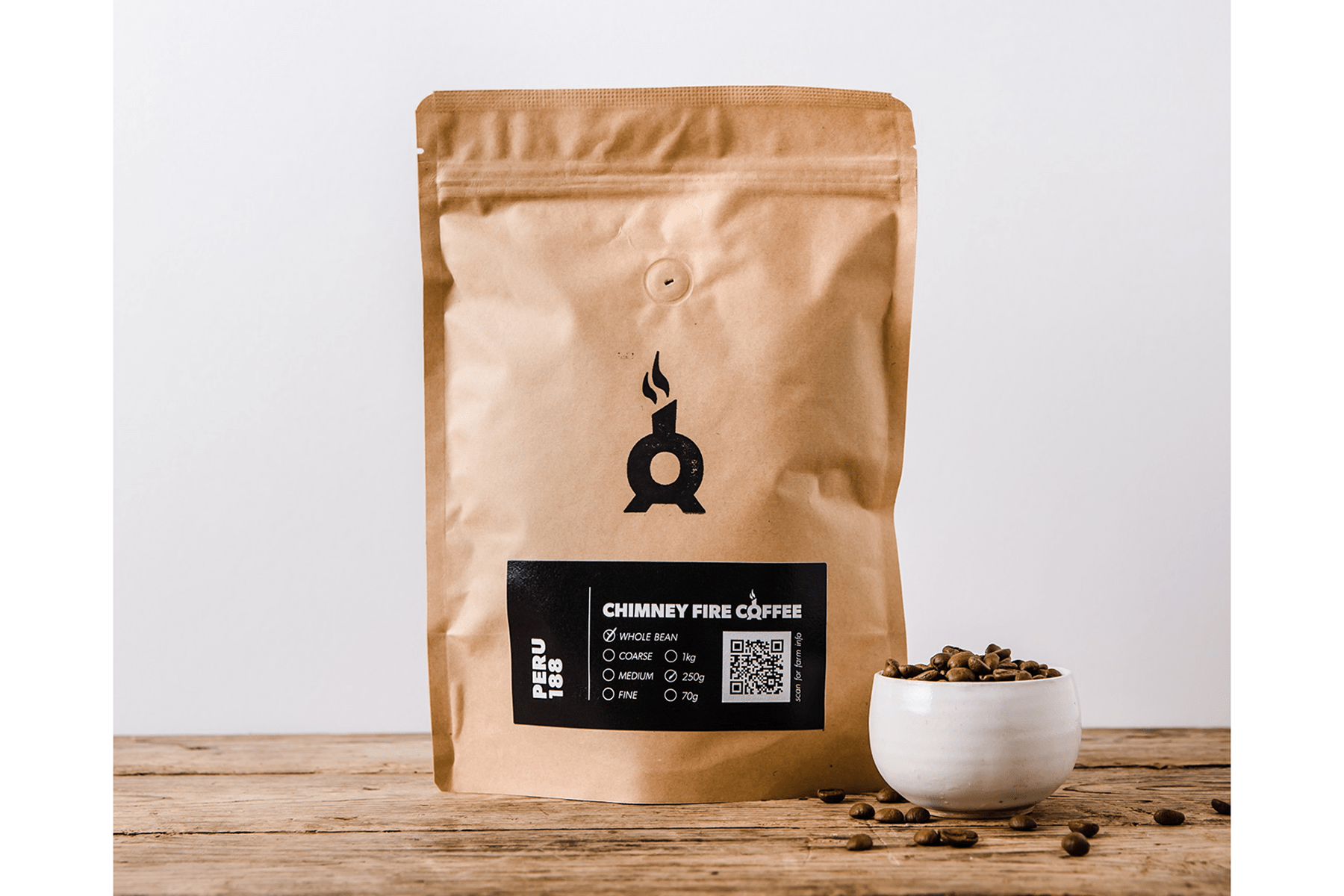
Sourced from the Juan Marco El Palto (JUMARP) cooperative in the Amazonian Andes in northern Peru, and donating 25p from every 250g bag and £1 from every 1kg bag of all Discovery Coffee sales to Re-Cycle, a small charity who recycle bikes from the UK and ships them to rural communities in Africa, Chimney Fire Coffee also delivers (in an electric vehicle) coffee waste product to a local store where people collect and use it for animal bedding and garden fertiliser.
And once you’ve brewed your perfect cup, here’s what to do with the grounds afterwards with a little advice from Lewis Spencer from coffee-direct.co.uk
Sustainable Coffee: How To Reuse Your Coffee Grounds
1. Slow-release fertiliser
Coffee grounds have a varied amount of essential nutrients in each batch, but they all contain nitrogen, potassium and phosphorus alongside micronutrients. Plants such as carrots, azaleas and roses would appreciate a nice boost from coffee grounds. However, tomatoes do not like the grounds. To use coffee compost, simply sprinkle the grounds directly onto your soil and lightly rake it in. Coffee grounds add organic material to the soil, helping water retention, aeration and drainage. Leftover diluted coffee can create a liquid plant fertiliser too. Simply mix two cups of brewed coffee grounds with five gallons of water in a bucket overnight.
Top tip: Rinse your coffee grounds before use. Fresh coffee grounds are acidic but used grounds are neutral. Rinsing them will restore the coffee grounds to safe pH level, which won’t affect your soil. A good rule of thumb is to only use the grounds if your plants have been growing for a while. This way, the additional nitrogen doesn’t overpower the bacteria.
2. Feed your worms
If you practice vermicomposting with a worm bin, coffee grounds are a must as worms love them. For a small bin, add a cup of grounds per week to feed their addiction. Avoid adding too much at once because the acidity could negatively impact your worms. Paper coffee filters can even go in too.
3. Deter slugs and snails
Coffee grounds are a great repellent for slugs and snails. Simply spread the grounds around vulnerable plants to create a barrier against the insects. Research shows that caffeine is effective in repelling slugs and snails when applied to foliage or the growing medium of plants. This is because of the naturally abrasive properties of coffee: soft critters tend to avoid rough surfaces.
4. Add to compost
Good compost contains a mixture of ‘brown’ and ‘green’ ingredients. Brown materials such as dried leaves, sawdust and newspaper bring carbon to the mix. Green materials such as tea leaves and grass clippings offer nitrogen and protein. (The rule of thumb is to have a 4:1 ratio of brown to green compost material). Compost is a great way to make use of something that would’ve ended up in landfill. Coffee grounds, paper filter included, fall into the green category which means they are rich in nitrogen at approximately 1.45%. They also contain magnesium, potassium and other trace minerals.
5. Mulch
Mulch is helpful in reducing weed growth and keeping soil moist. It’s notoriously difficult to come by compost or straw in large quantities at a low enough price. Coffee grounds work best as mulch when mixed with other organic matter such as leaf mould. The combination will reduce the risk of clumps forming which can become a barrier to water and suppress the growth of your plants. As plants could be sensitive to the caffeine in the grounds, avoid creating a thick layer. Using a mix of particle sizes will promote good structure.






